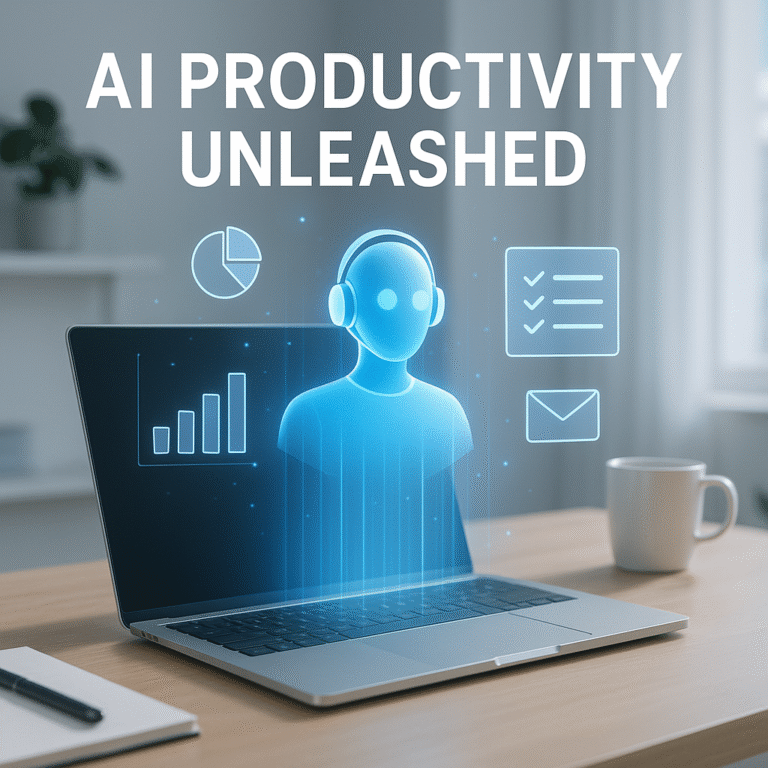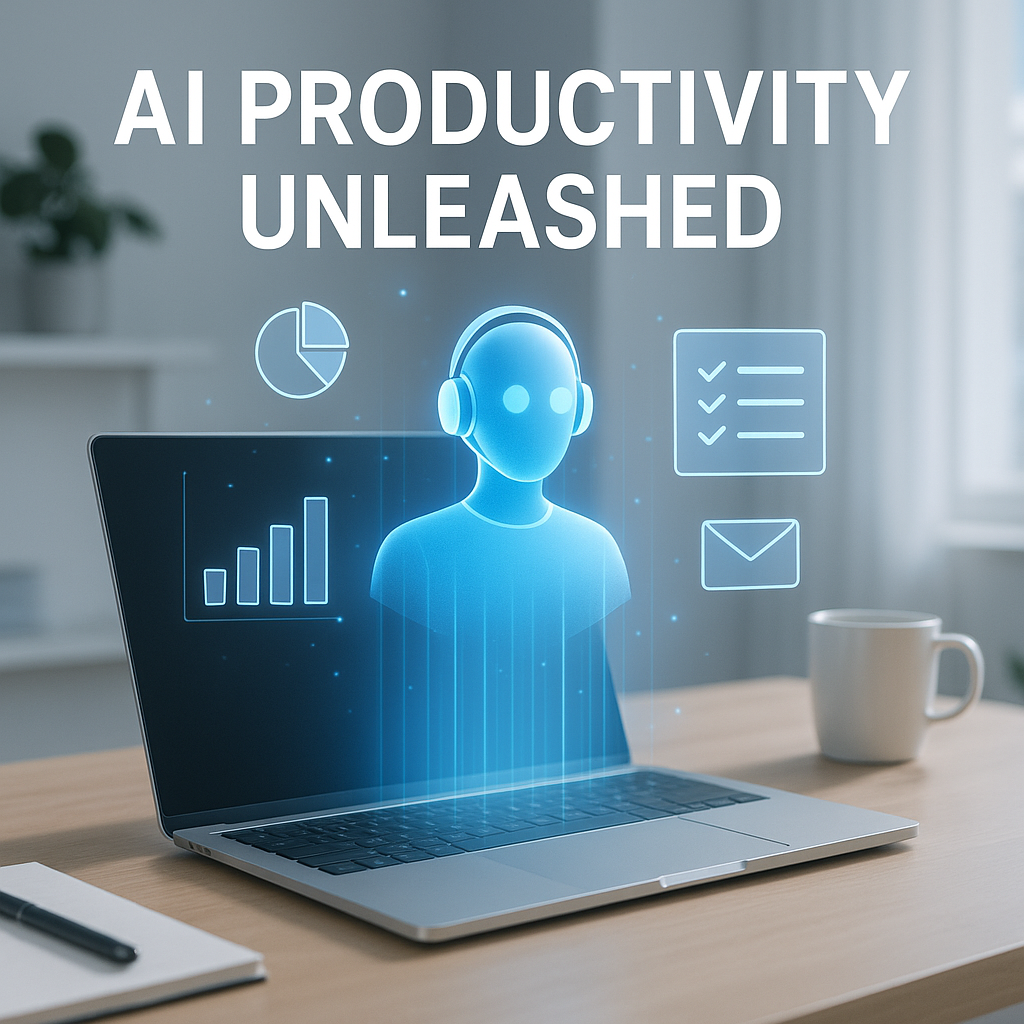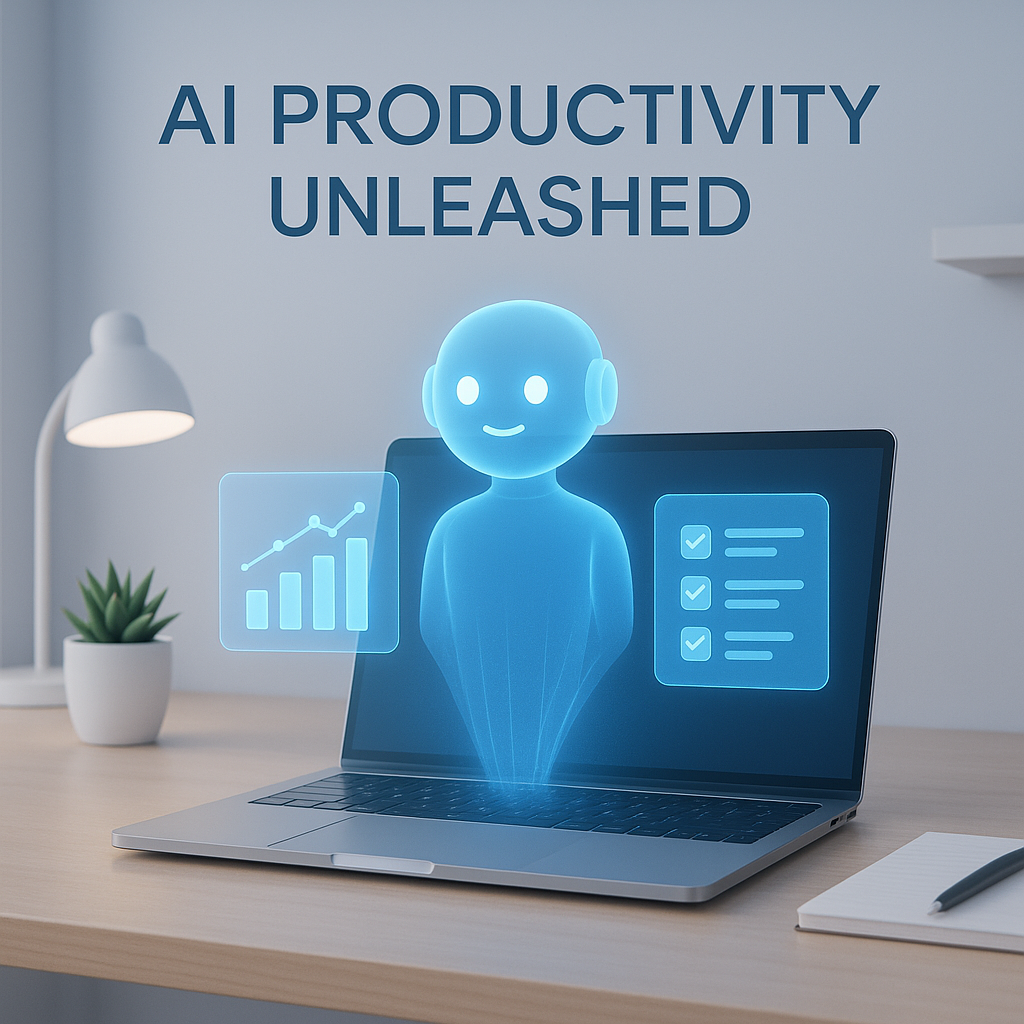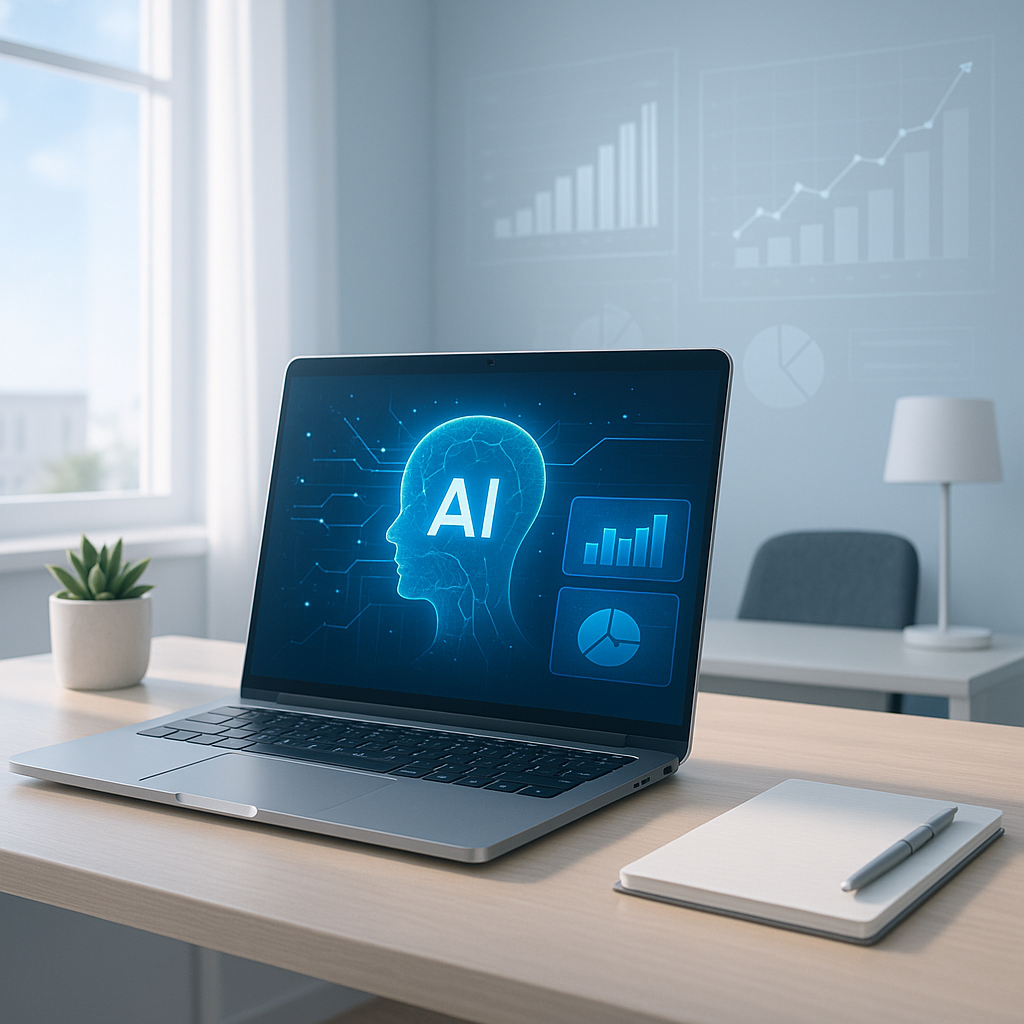AI Tools: Transforming Home Office and Work From Home Productivity

Understanding the AI Revolution in Modern Workspaces
The contemporary work environment has undergone a remarkable transformation, with AI tools becoming essential companions for professionals operating from home offices. As technology continues to advance, artificial intelligence has emerged as a powerful ally in enhancing productivity, streamlining workflows, and creating more efficient work processes.
Top AI Tools for Home Office Productivity
1. Writing and Content Creation Tools
AI-powered writing assistants have revolutionized content creation for professionals. Tools like ChatGPT, Jasper.ai, and Copy.ai enable users to generate high-quality written content quickly and efficiently. These platforms can help draft emails, create marketing copy, and even assist in developing comprehensive reports with minimal human intervention.
2. Virtual Assistant and Scheduling Tools
AI-driven virtual assistants such as x.ai and Clara help professionals manage their schedules, send meeting invitations, and coordinate complex calendar arrangements. These intelligent tools can understand context, negotiate meeting times, and reduce administrative burden significantly.
3. Project Management Solutions
Platforms like ClickUp and Monday.com now incorporate AI capabilities to predict project timelines, allocate resources, and provide intelligent insights into team productivity. These tools can analyze work patterns and suggest optimizations for better performance.
AI in Business: Beyond Traditional Workflows
Businesses are rapidly integrating AI tools to create more adaptive and responsive work environments. From predictive analytics to intelligent customer service chatbots, AI is transforming traditional business operations.
Key areas where AI is making significant impacts include:
– Customer relationship management
– Sales forecasting
– Resource allocation
– Performance optimization
– Risk management
Free AI Courses: Learning and Skill Development
For professionals interested in understanding AI’s potential, numerous free AI courses are available online. Platforms like Coursera, edX, and Google’s AI learning resources offer comprehensive training programs that can help individuals develop critical skills in artificial intelligence.
Recommended free AI courses include:
– Google’s AI Fundamentals
– IBM AI Engineering Professional Certificate
– Microsoft’s AI School
– Stanford University’s Machine Learning Course
Practical Applications for Home Office Professionals
1. Transcription and Note-Taking
AI transcription tools like Otter.ai can convert audio meetings into searchable, editable text, making documentation and follow-up processes seamless.
2. Language Translation
Tools such as DeepL and Google Translate leverage advanced AI algorithms to provide accurate, context-aware translations for global professionals.
3. Data Analysis and Visualization
AI-powered data analysis tools help professionals transform complex datasets into meaningful insights, enabling more informed decision-making.
Ethical Considerations in AI Implementation
While AI offers tremendous potential, professionals must remain mindful of ethical considerations. Data privacy, algorithmic bias, and transparency are crucial factors to consider when implementing AI tools in professional settings.
“The future of work is not about replacing humans with AI, but about creating symbiotic relationships that enhance human capabilities.” – Tech Innovation Expert
Preparing for an AI-Integrated Future
Professionals looking to stay competitive must:
– Continuously update their technological skills
– Remain adaptable to emerging AI technologies
– Understand the potential and limitations of AI tools
– Develop critical thinking skills that complement AI capabilities
Conclusion:
AI tools are no longer futuristic concepts but practical solutions transforming home offices and remote work environments. By strategically integrating these technologies, professionals can significantly enhance their productivity, creativity, and overall work experience.
The key lies in viewing AI as a collaborative partner rather than a replacement, focusing on how these tools can augment human skills and potential.




